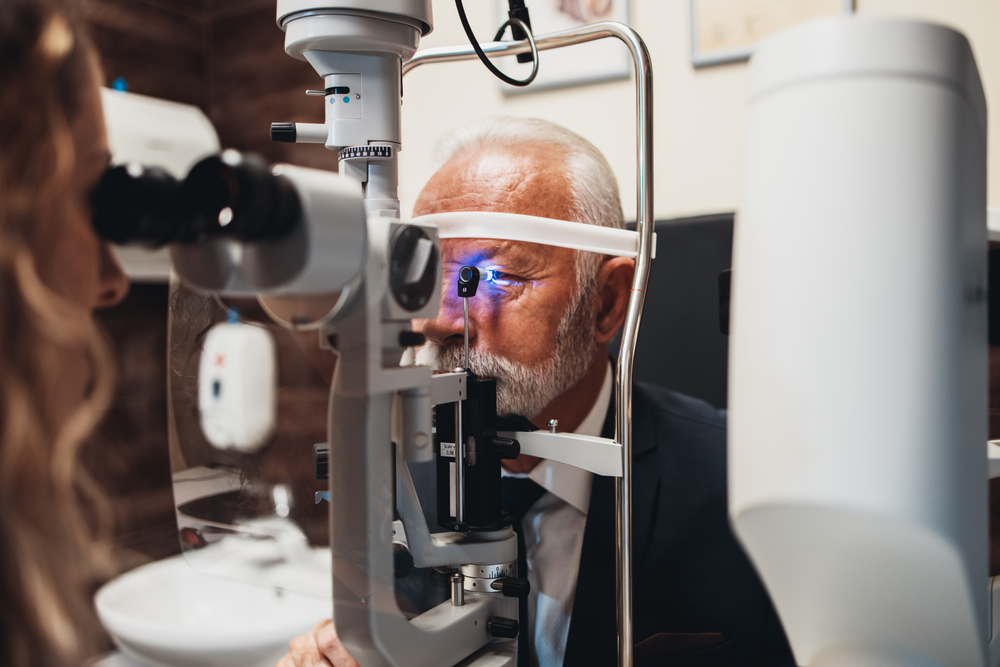
Routine eye exams are an essential part of maintaining healthy vision and overall well-being, but how often should you schedule them? The answer depends on your age, lifestyle, and unique health needs. Regular check-ups not only ensure clear vision but also help detect potential eye diseases and health conditions early, often before symptoms appear.
Why Are Regular Eye Exams Important?
Eye exams do more than just test your vision. They help detect early signs of eye diseases, such as glaucoma, macular degeneration, and cataracts, as well as systemic health conditions like diabetes and high blood pressure. By following age-specific guidelines, you can safeguard your eye health for the long term.
School-Age Children (6 to 18 Years)
School-age children should have an eye exam every year. Regular exams during this period ensure that conditions like nearsightedness are identified and treated promptly, preventing any negative impact on academic performance or daily activities.
Young Adults (19 to 40 Years)
For young adults without vision issues, eye exams are recommended every year. Especially those who wear glasses or contact lenses. Regular exams can help detect and address common concerns like digital eye strain or refractive errors such as astigmatism, contributing to improved quality of life.
Middle-Aged Adults (41 to 60 Years)
Middle-aged adults should have an eye exam annually, even if they don’t notice any vision problems. This is the time when age-related conditions like presbyopia (difficulty focusing on close objects) or the early signs of glaucoma may begin to appear. Routine check-ups are key to identifying these issues early and managing them effectively.
Seniors (61 Years and Older)
For seniors, annual eye exams are essential, or as recommended by an eye care professional. With age, the risk of developing eye diseases like cataracts, macular degeneration, and diabetic retinopathy increases. Early diagnosis and treatment of these conditions are crucial for preserving vision and maintaining quality of life.
Risk Factors That May Require More Frequent Exams
Some individuals may need to see their eye doctor more often, regardless of their age:
Family History: If your family has a history of glaucoma, macular degeneration, or other eye diseases.
Health Conditions: Conditions like diabetes, high blood pressure, or autoimmune diseases can affect eye health.
Medications: Certain medications have side effects that can impact your eyes.
Occupational Hazards: Jobs requiring prolonged screen time or exposure to UV rays may increase eye strain and risk of damage.
Schedule Your Next Eye Exam at The Center for Eye Care
Regular eye exams are not just about maintaining clear vision—they’re a crucial step in detecting potential health issues early and ensuring your overall well-being. By following age-specific guidelines and seeking care tailored to your unique needs, you can enjoy a lifetime of healthy vision.
Schedule your next eye exam with The Center for Eye Care, and take the first step toward healthy, clear vision. Visit our office in West Islip, New York, or call (631) 825-7725 to book an appointment today.










